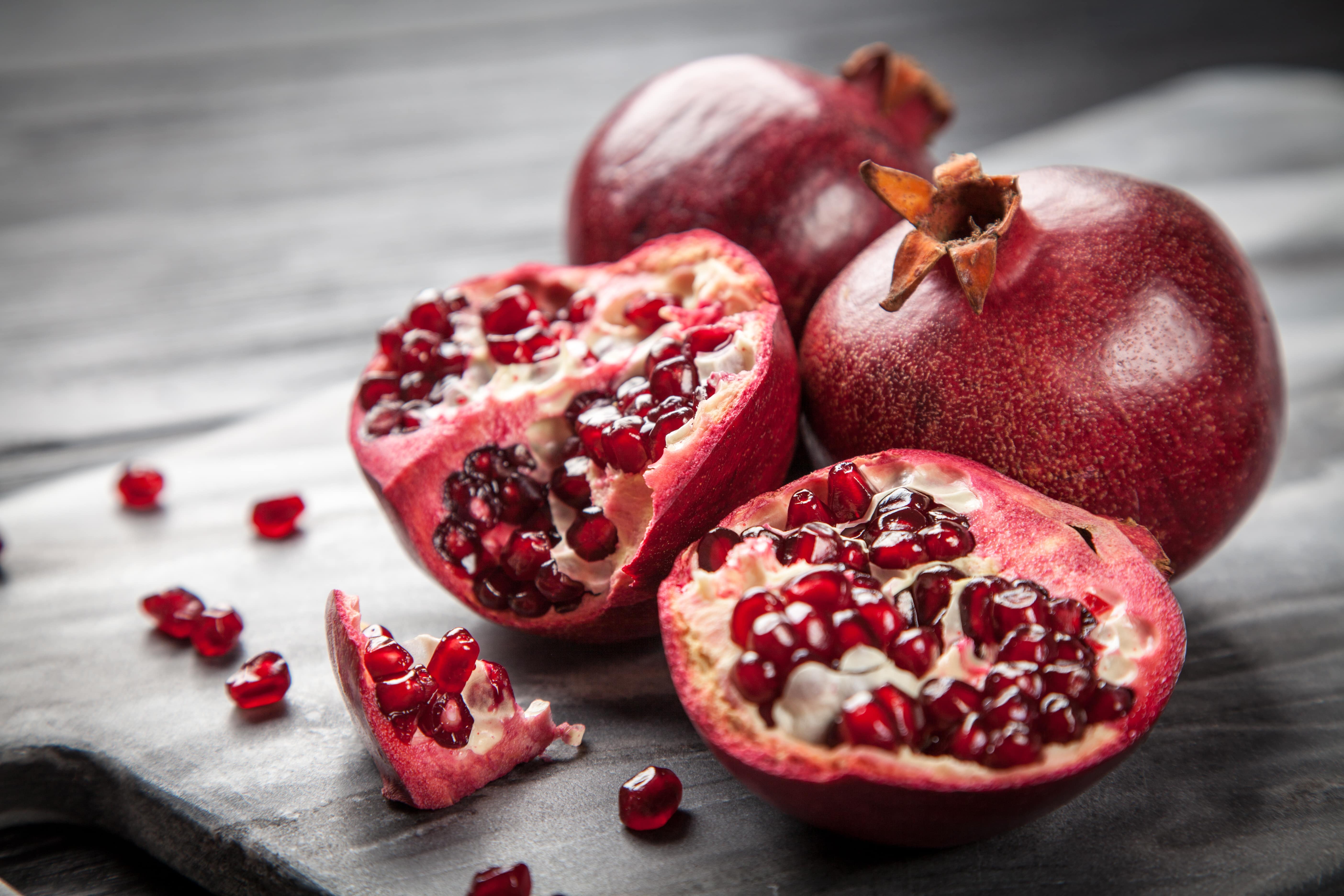Loukoumades (Greek donuts)
They are one of the most delectable desserts. Loukoumades are delicious dough balls fried in hot oil, crunchy on the outside and fluffy from the inside, are ideal for any time of day. They are served sweet or salty and can sweeten our mood. They are usually preferred with honey and cinnamon, but there is no limit to garnish options: praline, fruit, and syrup of every taste, jam, and colorful truffle on top, nuts or even salty or sweet cheese. Loukoumades are of simple inspiration and with all those choices in their garnishing, they can easily become one’s favorite sweet. … Read more



















